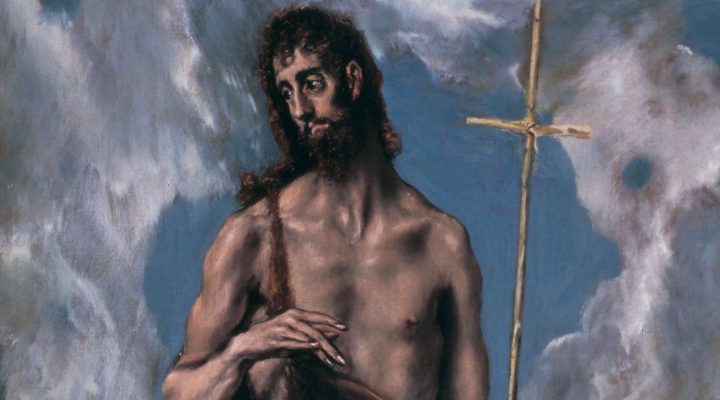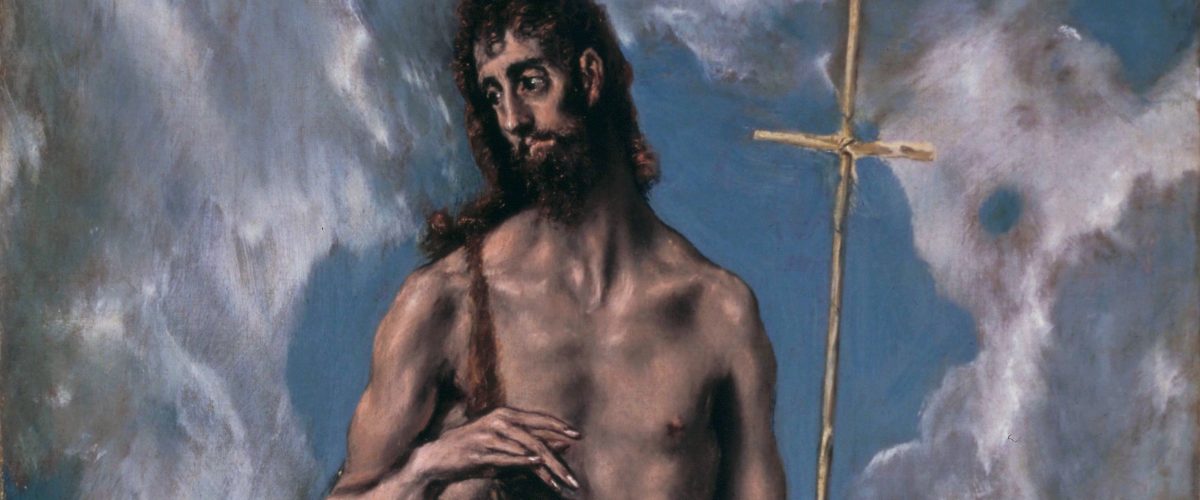A recent webinar with my alma mater made me realize theological schools and the church face the same challenge today: How to be risk-takers in a world that only values stability.
Let me say upfront, I’m not someone you’re likely to catch at an alumni weekend. I didn’t even show up for my own graduation. Yet the task and the outcomes matter to me.
And so I sat, floating faceless in the purgatory that is Zoom, listening for the neatly packaged future of Wake Forest University School of Divinity.

Justin Cox
To say the last several years at Wake Divinity have been tumultuous would be an understatement. The loss of Dean Gail O’Day in 2018 (may she rest in peace) left many in mourning. There was hope and excitement around the hiring of Dean Jonathan Walton. However, his involvement and vision were hindered by a global pandemic. Walton recently departed to become president of Princeton Theological Seminary.
Now despite my contrarian ways, I’m proud of my education, even though I realize post-graduation I haven’t come close to mastering a damn bit of divinity. If anything, it mastered me. I know how fortunate I was to have studied under professors I’d stack up against anyone in their respective fields. Yet, I know institutions are institutions. Big, demanding, self-serving.
All this brings to the surface some of the insecurities I’m still trying to sort out. Maybe it’s because a person with my upbringing never felt at home in a place covered in ivy. Goes to show one can earn a cap and gown and still have difficulties wearing them.
As the meeting progressed, words and phrases flowed forth from transitional leadership, bumping into and skipping over one another, reminding me of the Sony Discman I had velcroed to the dashboard of my first car: “Challenges” — skip — “Cultivate” — skip — “Sustainable” — “Community” — “Opportunities.”
I know the standard drill in an interim period. The point is to stay afloat, reassure donors and redirect worry and concerns for a date found later on the calendar. I’ve heard this familiar message coming from pulpits, too, because I’ve been guilty of the same. I’ve preached over the heads of my congregations with just the right amount of empty padding. In those moments, I’ve witnessed their faces when I’ve lost them — eyes glazing over like they’ve come off the conveyor belt at a Krispy Kreme.
I had that look on my face during this webinar. Feeling an uneasy sensation in the pit of my stomach, I began to understand the challenges of being on the other side of the conversation.
“There needs to be an element of danger to religious education if it’s to be deemed worth a damn.”
What was it that was missing here? What has been missing from my own sermons when congregants’ eyes glaze over?
I looked around my desk, grabbed a pencil with the eraser bitten off and scribbled in a notebook: “Nothing about this seems dangerous, so does any of it matter?”
A message for theology schools and churches alike. Where’s the gamble? Where’s the danger?
There needs to be an element of danger to religious education if it’s to be deemed worth a damn. A type of danger capable of inflicting change, challenging established ideas and perceptions. Could we offer enough scrappiness to make the principalities and powers take notice and feel threatened? Is this what’s missing from seminaries and churches alike?
Yes, we can be comfy and nonabrasive, like a morning drive with coffee and K-Love pumping on the radio, but this makes any talk of resurrection suspect.
With more compassion than I knew I had, I breathed out three words in an empty room while shaking my head at the folly of it all: “Woe to you.” An old-school indictment with the same double entendre as “Bless your heart.”
“Woe to institutions and churches alike for attempting to play it safe when dangerous spaces are what the world needs.”
Woe to institutions and churches alike for attempting to play it safe when dangerous spaces are what the world needs. Bless your heart for producing professionals and satisfied saints when radical prophets are needed.
Wake Forest isn’t alone in navigating these waters. Divinity schools aren’t the only institutions struggling with these issues. Far from it. Many face the same indictment, whether their enrollment numbers reflect it or not. Churches and search committees will have to give an answer for desiring clean-cut, no-wave-making mascots and be made aware they flirt with the disaster of running out of people before their endowments dry up.
With this in mind, I was reminded of the words of Wendell Berry in Jayber Crow describing an institution as a floating island: “It was preparing people from the world of the past for the world of the future, and what was missing was the world of the present, where every body was living its small short, surprising, miserable, wonderful, blessed, damaged, only life.”
What do I hope for my alma mater? The same thing I hope for the church: A recognition of the fragility of it all. This would show trust, vulnerability, and the realization we all need a whisper of audaciousness in the face of avarice — something to cause the suits in the establishment to furrow their brows in worry.
Justin Cox received his theological education from Campbell University and Wake Forest University School of Divinity. He is an ordained minister affiliated with the Cooperative Baptist Fellowship and enrolled in the doctor of ministry program at McAfee School of Theology. Besides reading, spending time in the kitchen and amateur gardening, Justin spends time with his spouse, Lauren, and their two daughters. He began his tenure as senior pastor of Second Baptist Church in Suffield, Ct. in August. Find his ramblings at blacksheepbaptist.com.
Related articles:
Wake Forest dean named first Baptist president of Princeton Seminary
Harvard’s Jonathan Walton named dean of Wake Forest School of Divinity
Moving churches from risk management to risk-taking | Opinion by Bill Wilson


